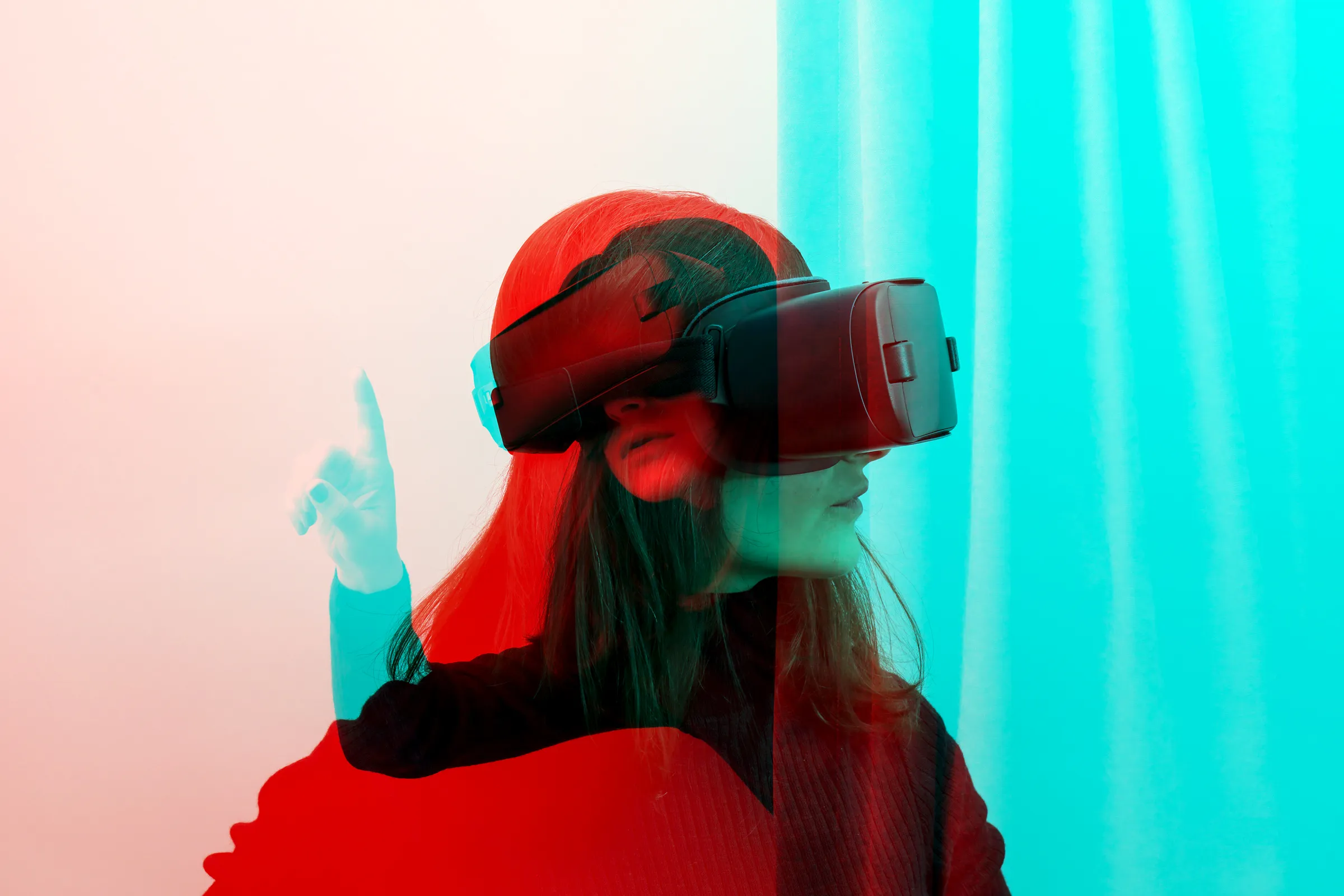
In the dynamic sphere of VR entertainment, there is an ongoing journey towards making these experiences more accessible. As virtual reality (VR) evolves, it’s crucial to ensure that these digital realms are inclusive, catering to people from all walks of life, including those with disabilities. The aim is to create a virtual world where accessibility is not an afterthought but a fundamental design aspect. This inclusivity in VR entertainment is not just a moral imperative but also opens a vast market to companies embracing technology for a more inclusive future.
The intrinsic reliance on sensory input in VR poses a barrier to accessibility. Traditional VR experiences sometimes rely largely on visual and audio features, which may exclude people with vision or hearing difficulties. To remedy this, developers are investigating novel solutions. Haptic feedback technology, which delivers tactile sensations, can give an alternate form of engagement for individuals who may struggle with typical VR inputs. VR creates a more inclusive platform by adding such technology.
Subtitles and audio descriptions are becoming more frequent in VR experiences, guaranteeing that persons who are deaf or hard of hearing may still enjoy immersive settings. Companies known for their commitment to innovation and diversity can play an important role in promoting these elements as standard practice in VR content creation. Establishing such inclusive standards may lead the charge in designing an accessible virtual future.
Another critical feature of VR accessibility is mobility. Physically disabled users may find it difficult to interact with VR environments involving substantial movement or hand controller use. Eye-tracking and voice controls, for example, can make VR more accessible. These technologies allow users to engage with content and explore virtual places without relying on standard control methods. Companies investing in VR, especially those outside the immediate technology sector, must incorporate these adaptable technologies into their VR programs.
VR’s potential in mental health is being extensively researched. People suffering from mental illnesses can benefit from therapeutic environments and experiences provided by virtual reality. However, these situations mustn’t be overwhelming or triggering to be effective. With an emphasis on sustainable and compassionate technology, there’s potential to make a substantial contribution to research and development in this area, generating VR experiences that are entertaining and beneficial to mental health.
Virtual reality in education and training opens yet another route for accessibility. VR may be a fantastic tool for inclusive education, providing immersive learning experiences that adapt to various learning styles and needs. These educational VR applications, however, must be created with accessibility in mind. With a global footprint, there’s potential to influence how VR is utilized in educational settings by pushing for and investing in VR educational content that is accessible to all learners.
Furthermore, the value of community feedback in creating accessible virtual reality cannot be overstated. Participating in the design and testing phases with a broad range of users, including people with impairments, can result in more successful and inclusive VR experiences. Companies with foresight might use their networks and collaborations to get broad-based feedback, ensuring that multiple perspectives shape their VR endeavors.
In terms of legislation and policy, there is rising support for more severe accessibility criteria in VR, comparable to those found in other forms of digital media. Organizations may play a critical part in this advocacy by advocating for rules that ensure VR content and gear are available to all users. This could entail working with governments, non-governmental organizations, and disability rights organizations to design a regulatory framework that encourages the development of inclusive VR technologies.
Finally, as VR continues to connect with other developing technologies, such as AI and IoT, new difficulties and opportunities in accessibility are unavoidable. Companies at the crossroads of energy, automation, and digital solutions are well-positioned to investigate how these converging technologies may enhance VR accessibility even further. There are numerous opportunities to explore, whether through AI-driven customization of VR experiences or IoT-enabled adaptable VR settings.
To summarize, the path toward accessible VR entertainment is varied and ongoing. It will take a collaborative effort from developers, users, and policymakers. We can open virtual doors to more people by prioritizing accessibility in VR building inclusive digital worlds that reflect the variety of our actual world. As technology advances, a dedication to accessibility in VR will not only enhance the VR experience for all. Still, it will also indicate a fundamental commitment to a more inclusive and fair digital future.
Copyright © 2023 California Business Journal. All Rights Reserved.
As a violinist, I can't stress enough how crucial a top-notch case is in the…
Imagine a life where limitations do not exist—a life where you relentlessly pursue your dreams…
Asbestos exposure has left a long legacy of health issues in Australia, particularly mesothelioma and…
Did you know maintenance and financing, fuel management, driver management, vehicle monitoring and diagnostics, and…
It can be difficult to meet a matching spouse in this fast-paced environment. Online dating…
The interior design industry has become increasingly popular in recent years as people seek homes…